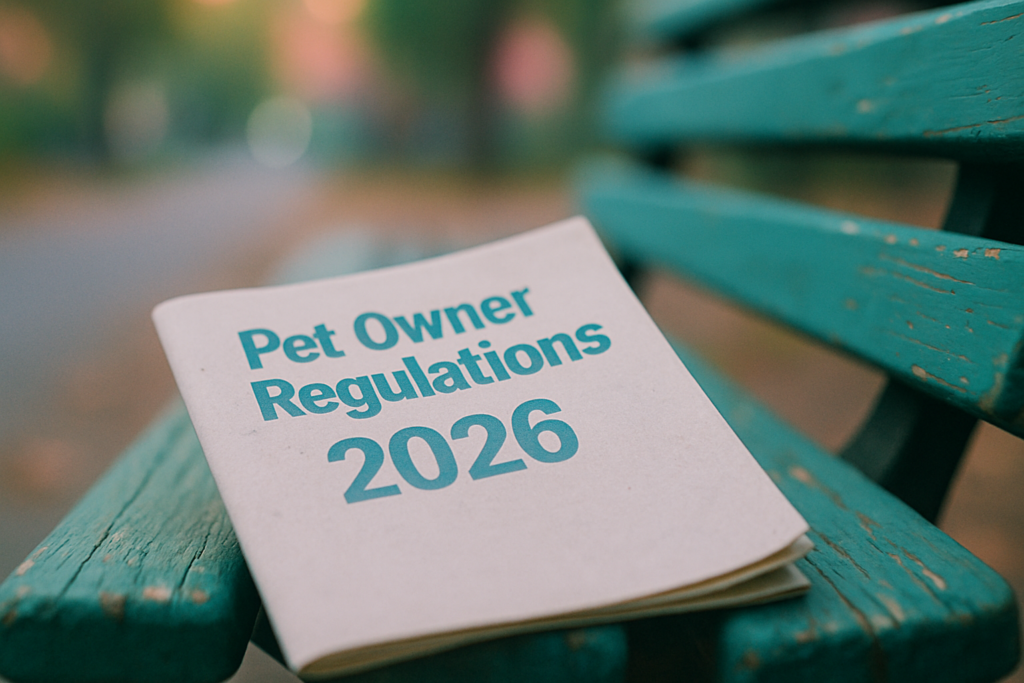As a pet owner, staying informed about the latest health risks affecting our furry companions is crucial. In 2024, new challenges are emerging in the realm of pet health that demand our attention. From evolving diseases to environmental factors, the landscape of pet wellness is constantly evolving.
In this article, I’ll delve into the emerging pet health risks that are anticipated to shape the year 2024. By understanding these potential threats, we can take proactive steps to safeguard the well-being of our beloved pets. Stay tuned to discover the trends and issues that every pet owner should be aware of in the coming year.
Overview of Emerging Pet Health Risks in 2024
Delving into the evolving landscape of pet health in 2024, the emergence of new challenges continues to impact our furry companions. As we navigate this year, it’s crucial for pet owners to grasp the shifting dynamics in pet healthcare, from emerging diseases to environmental influences.
Focusing on the anticipated pet health risks in 2024, I emphasize the necessity for pet owners to stay vigilant and take proactive measures to protect their beloved animals. By understanding these potential threats and staying informed, we can collectively ensure the well-being of our pets in the face of changing health risks.
Stay connected to unearth the trends and issues that will define pet health in 2024, empowering you to make informed decisions for the health and happiness of your four-legged friends.
Common Health Risks Facing Pets
As I look into the common health risks facing pets in 2024, it’s crucial to address some prevalent issues that can impact our furry companions:
Obesity Challenges
I’ve noticed an increasing number of pets facing obesity issues due to a combination of factors such as sedentary lifestyles, overfeeding, and high-calorie diets. Maintaining a healthy weight is vital for a pet’s overall well-being, as obesity can lead to various health problems like diabetes, joint issues, and heart disease. It’s essential for pet owners to monitor their pet’s diet, provide regular exercise, and consult with a veterinarian to prevent and manage obesity effectively.
Allergy Concerns
In my experience, allergies are becoming a significant concern for many pet owners, with symptoms ranging from skin irritation and itching to respiratory issues. Identifying the specific allergen causing the reaction is crucial in managing pet allergies effectively. Common allergens for pets include certain foods, insects, pollen, and dust. By working closely with a vet to conduct allergy tests and develop a tailored treatment plan, pet owners can help alleviate their pet’s discomfort and improve their quality of life.
Unforeseen Health Risks on the Horizon
Discussing potential future health risks for pets is essential as new challenges may arise that require proactive measures for pet owners. Staying vigilant and informed about emerging pet health issues is crucial to ensure the well-being of our furry friends. Keeping up-to-date with evolving trends in pet healthcare helps me anticipate and address unforeseen risks before they become major concerns.
Understanding the changing landscape of pet health allows me to adapt my pet care routines and practices accordingly. By being aware of the potential health risks that may emerge in the future, I can take preemptive actions to safeguard my pet’s health and minimize any negative impacts. It’s vital to stay informed about the latest developments in pet health to provide the best possible care for my beloved companion.
Remaining proactive in addressing unforeseen pet health risks involves consistent monitoring, preventive measures, and prompt responses to any warning signs. Being proactive allows me to stay ahead of any potential health issues and ensure that my pet receives timely and appropriate care. By staying informed and proactive, I can better protect my pet from unexpected health challenges that may arise in the future.
Psychological Well-being of Pets
Pets’ psychological well-being is a crucial aspect of their overall health. I’ll discuss the significance of mental wellness in pets and how it can be affected by various factors.
- Social Interaction: Engaging in social activities with your pet is essential for their mental health. Pets, like humans, thrive on social bonds. Lack of social interaction can lead to feelings of loneliness and anxiety in pets.
- Environmental Enrichment: Providing a stimulating environment for pets is vital. Enrichment activities such as puzzle toys, interactive play, and exposure to different stimuli can prevent boredom and improve mental stimulation.
- Separation Anxiety: Pets may experience separation anxiety when left alone for extended periods. This can manifest in destructive behavior, excessive barking, or withdrawal. Implementing strategies to ease separation anxiety is crucial for your pet’s well-being.
- Routine and Stability: Pets thrive on routine and stability. Sudden changes in their environment or daily schedule can cause stress and anxiety. Maintaining a consistent routine and environment can help alleviate psychological distress in pets.
Ensuring your pet’s psychological well-being is as important as addressing their physical health. By incorporating activities that promote mental wellness, you can enhance your pet’s quality of life and overall happiness.




